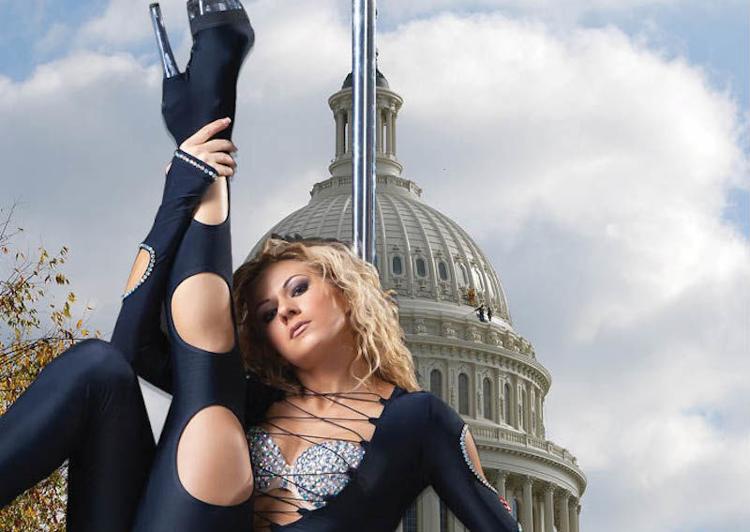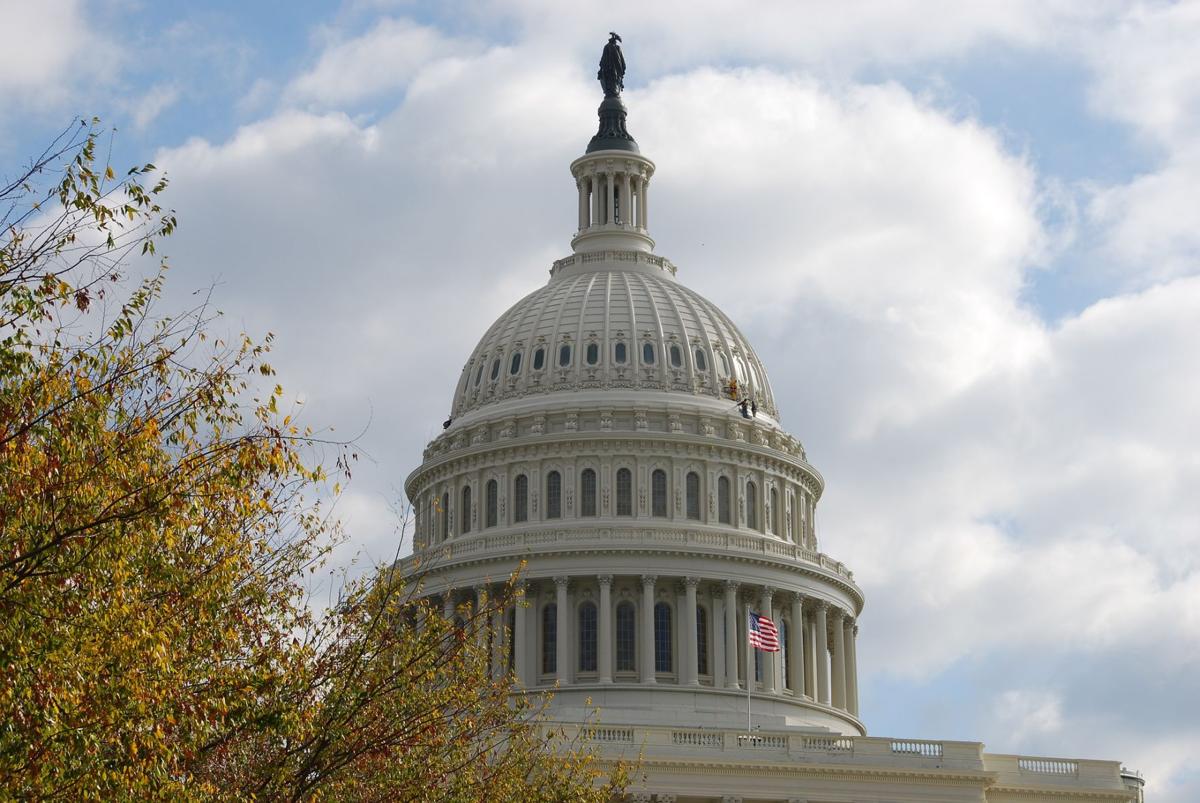
When the End Banking for Human Traffickers Act was proposed in Congress, it was widely welcomed by representatives.
The bill, which aims to combat human trafficking by monitoring cash flow through banks, would add the Secretary of the Treasury to the existing interagency task force to monitor and combat trafficking.
Introduced by US Rep. Edward Royce (R-Calif.) in the House and Sens. Elizabeth Warren (D-Mass.) and Marco Rubio (R-Fla.) in the Senate in April 2017, the bill aims to “aid financial institutions in identifying and reporting instances of human trafficking, so that offenders can be prosecuted and victims can be protected,” according to a release. Considering fighting the scourge of trafficking is a bipartisan concern with popular public support, the bill quickly headed towards passage.
But in the wake of other recent legislation that purports to combat trafficking, but which has had unintended consequences for online free speech and sex workers’ safety, some activists are now concerned. They fear EBHTA will not simply be applied to human traffickers but also people engaged in consensual sex work, including in legal occupations like exotic dance and pornography, and may even be used to deny banking services to low income and marginalized people.
Senator Warren, replying to an inquiry from Philly Weekly, replied that “This bill is about bringing together experts to discuss ways we can stop the forced labor and sexual exploitation of 25 million innocent children and adults. It targets the organized criminals who use our banking system to prop up this modern slavery.”
“Human traffickers make money off of selling human lives, make a profit of $150 billion a year, and then launder that money through financial institutions,” added a spokesperson from Senator Warren’s office. The EBHTA “adds money laundering to the conversation about human trafficking.”
Some sex workers are skeptical of this proposed legislation, citing the effects of FOSTA-SESTA, a pair of bills that recently became law. FOSTA-SESTA was also presented as a means to combat human trafficking online but law enforcement say it has made it harder to find trafficking victims, and sex workers say it has made their lives more dangerous. It is now being challenged in court for its massive changes to privacy policies and free speech online.

Because existing law does not distinguish between consensual sex work and coerced or forced trafficking, sex workers are nervous about being financially targeted by EBHTA, even if that is not the stated goal of the bill.
Project Safe, a local sex workers rights organization (full disclosure: this author has worked with this organization) has come out against the act. According to Project Safe, “if passed, the bill will encourage banking institutes to profile people suspected of engaging in sex work, making little distinction between trafficking victims and those who are not.” While the bill calls for feedback from “stakeholders, including victims of severe forms of trafficking,” Project Safe says the sponsors did not “consult people who trade sex in drafting the legislation.”
Penelope Saunders of the Best Practices Policy Project, an organization that works with people in the sex trade, is also concerned about EBHTA, saying, “Without a doubt the current bill will continue to build on US policy that conflates sex work with trafficking in persons resulting in financial restrictions being placed on sex workers and those profiled as such.”
Saunders considers the proposal to be an extension of Operation Choke Point, a now defunct Obama-era initiative that intended to combat fraud by discouraging banks from doing business with a variety of legal but ethically maligned industries like payday lenders and gun retailers. “The bill will give institutions even more reason to cut off banking services” to marginalized populations, she says, and “give the authorities more reasons to monitor the bank accounts of low income people and anyone they deem to be a sex worker.” How a bank might decide someone looks like a sex worker is a question worth considering.
While the EBHTA is not directed at prostitution, it is presented in a time when workers in the adult industry are already being targeted by financial institutions. According to a variety of reports, banks have been closing the accounts of customers presumed to be sex workers, including those whose work is entirely legal. Multiple porn stars and exotic dancers have taken to social media to complain about their accounts being closed or having services denied outright.
For purveyors of adult entertainment, banking access is increasingly a concern as they find themselves suspended from using websites, cut off from credit card companies and having their assets seized by online services like PayPal.
When PW asked about the potential effects EBHTA might have on sex workers, Senator Warren’s camp was quick to say that the bill is aimed at rooting out trafficking specifically and that “none of the types of transactions” it covers “would capture sex workers.” They say the bill “brings Treasury’s expertise in the same room as experts on human trafficking to figure out ways to combat traffickers” and asks bank regulators …to make sure banks are thinking about human trafficking when they file” reports of suspicious activity.

So exactly what activity is considered suspicious?
A 2014 Treasury Guidance includes the list of red flags that should trigger what’s known as a Suspicious Activity Report from a bank to the government. This guidance includes a number of money flow patterns that appear specific to high-level, multi-location criminal enterprise but others, like “unexplained/unjustified lifestyle incommensurate with employment or business line” and an “extensive use of cash to purchase assets and to conduct transactions” could be applied to law-abiding bank customers as well.
For proponents of the EBHTA, the concerns sex workers are voicing in the wake of FOSTA-SESTA are understandable, but they contend this bill is worded to solely target “severe forms of trafficking of persons” where sexual labor is coercive or forced. For those who oppose the bill, however, there’s little reason to have faith that the federal government or banks can be trusted with additional powers of monitoring.
Congressional support for the bill is overwhelming. The House version of EBHTA passed on April 10 with a vote of 408-2. It has now moved to the Senate and is referred to the Committee on Banking, Housing and Urban Affairs.
No dates are publicly available for next steps.
Editor’s note: Every co-sponsor for EBHTA, including: Representative Royce, Senators Warren, Rubio and Lankford (R-Okla.) was asked for comment by Philly Weekly, but only Senator Warren’s office replied to our requests.
TWITTER: @TIMAREE_LEIGH



